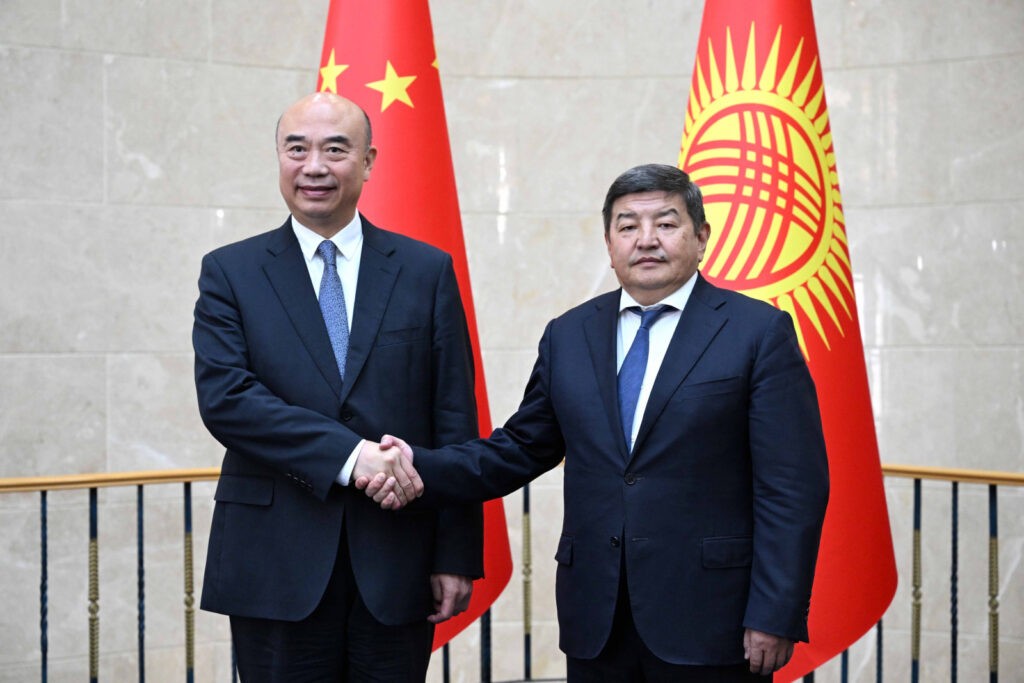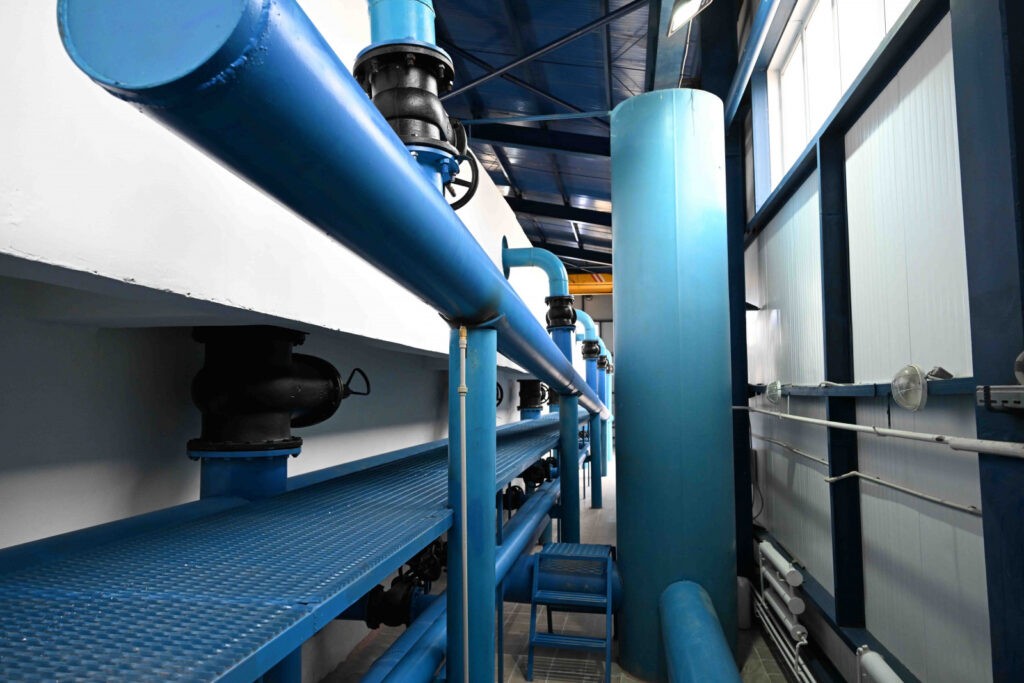Kyrgyzstan and China Aim to Increase Trade
On May 18 in Bishkek, Chairman of the Cabinet of Ministers of the Kyrgyz Republic, Akylbek Japarov held talks with Vice Premier of the State Council of the People's Republic of China, Liu Guozhong. Emphasizing that China is one of Kyrgyzstan’s main trade and investment partners, Japarov stated that bilateral trade turnover is growing every year and reached $19.8 billion in 2023, an increase of 30% compared to 2022. “But this is not the limit, and the Kyrgyz Republic is ready to jointly make efforts to increase all trade and economic indicators,” he stated. Japarov stressed the importance of the full and uninterrupted functionality of the Torugart and Irkeshtam checkpoints on the Kyrgyz-Chinese border to further increases in trade between the two countries. According to Japarov, the Kyrgyz side is aiming to develop transport and logistics infrastructure, removing restrictions that impede trade exchanges, and creating mutually beneficial conditions. “We would like to expand our capabilities and switch to daily and round-the-clock operation of these border checkpoints. I believe this will also be useful for the Chinese side, as it will allow an even larger volume of cargo and goods to be exported from China to Kyrgyzstan, and on to third countries. We are aiming to increase the throughput capacity of the border checkpoints to 1,000 vehicles per day,” the prime minister said. Kyrgyzstan also expects to sign protocols on new types of agricultural products and simplify procedures for the export of these products from Kyrgyzstan to China. In turn, Vice Premier Liu Guozhong noted the high level of Kyrgyz-Chinese relations and the readiness to further develop and strengthen mutually beneficial and multifaceted cooperation. Guozhong stated that construction of the China-Kyrgyzstan-Uzbekistan railway is of strategic importance for the entire region and urged that its construction start sooner. He also noted the importance of increasing trade turnover, increasing the capacity at border checkpoints, opening the new Bedel border checkpoint this year, and expanding cooperation in tourism. Guozhong also stated that the Chinese market is open to the import of Kyrgyz agricultural products.








